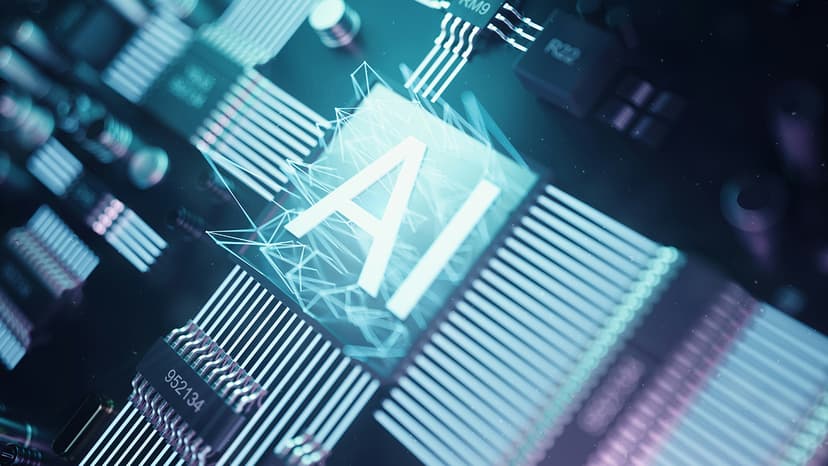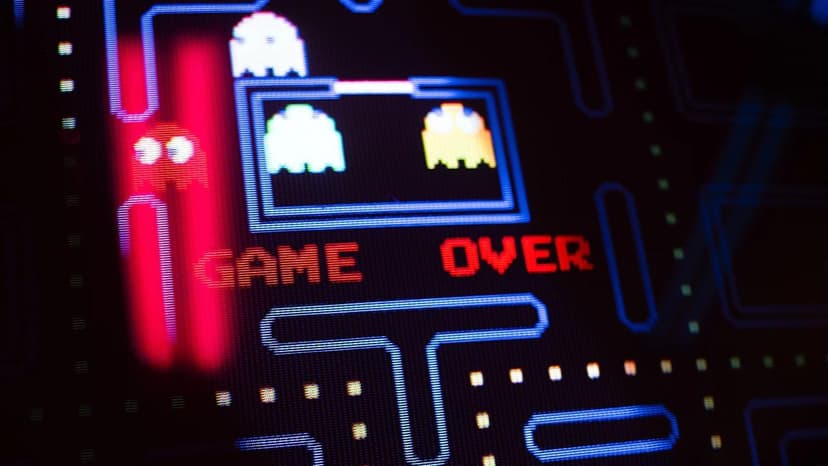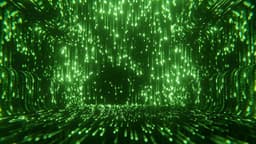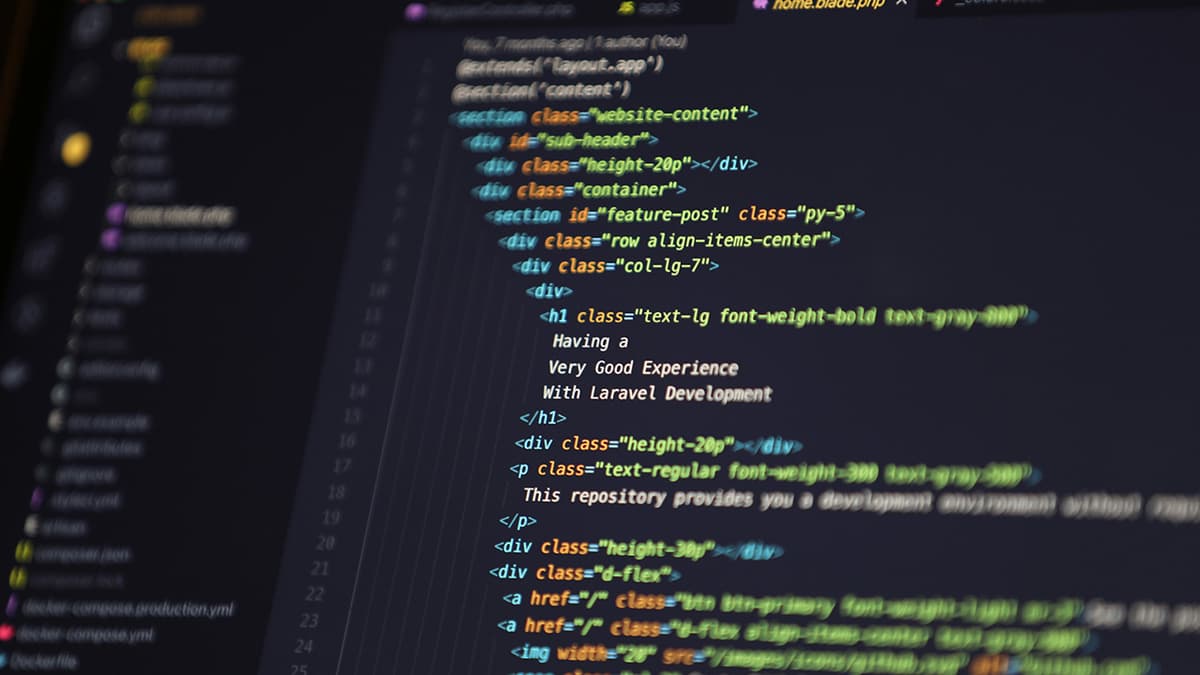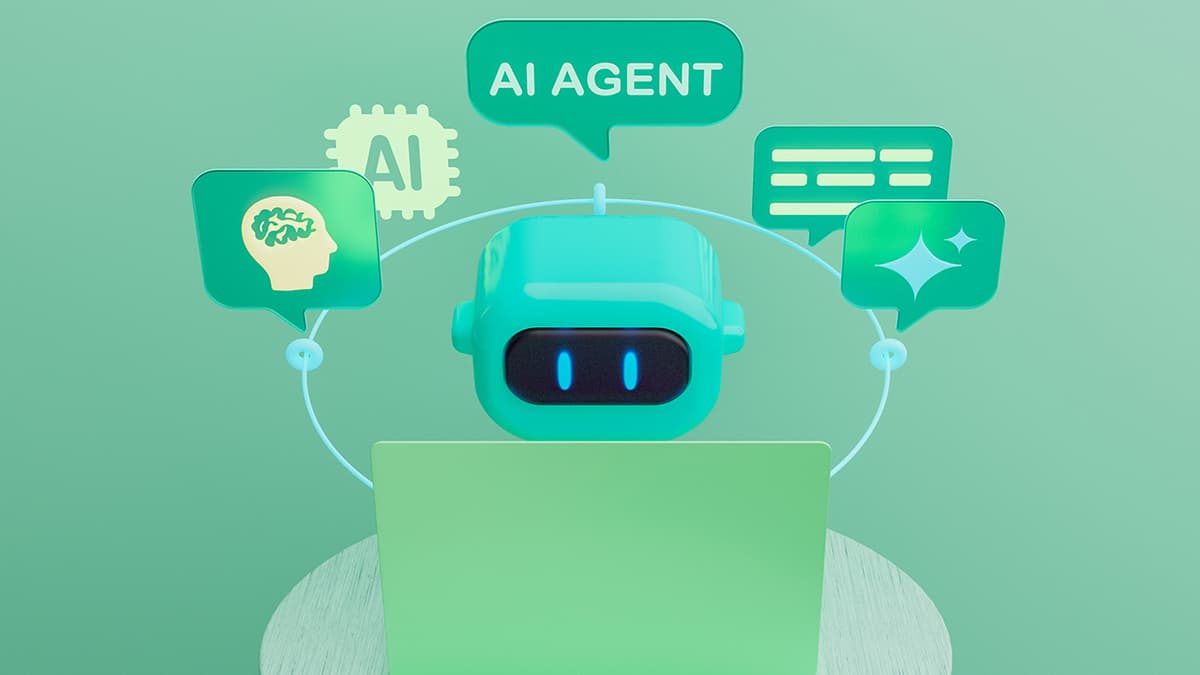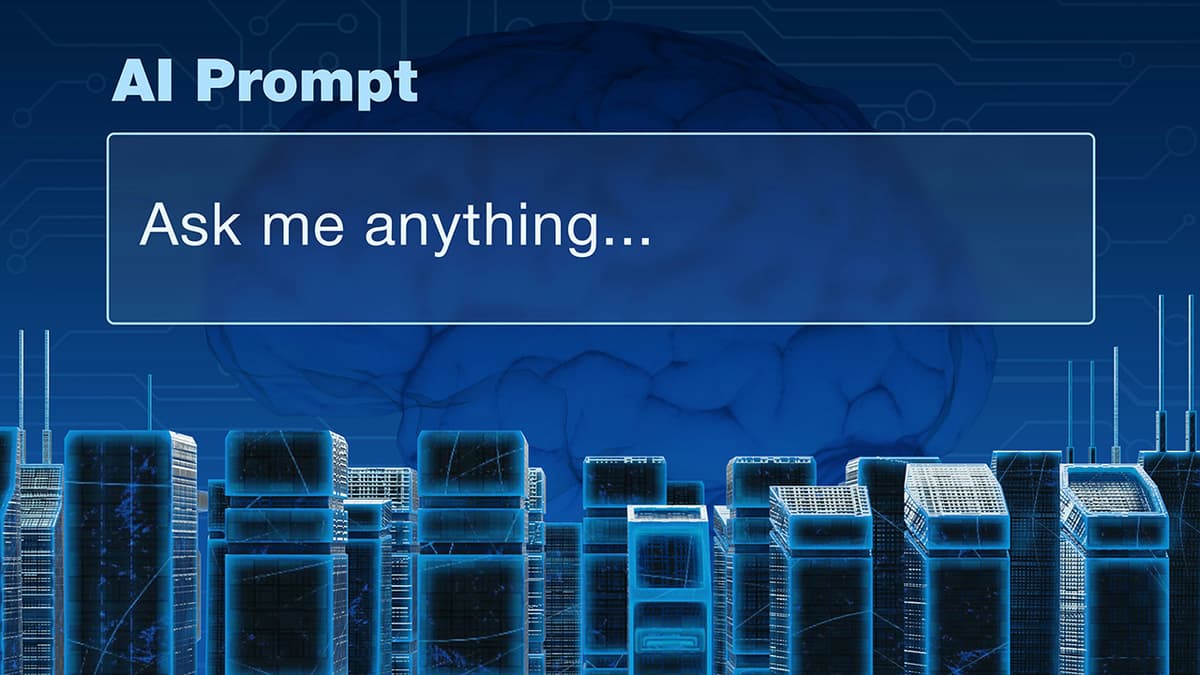Demystifying the World of Basic Programming
In today's tech-driven world, understanding the fundamentals of programming has become an essential skill. Programming languages serve as the building blocks for creating software, websites, apps, and much more. However, for beginners, the world of programming can seem daunting and complex. Fear not, as we'll break down the basics of programming in a simple and engaging manner.
What is Programming?
At its core, programming is the process of giving instructions to a computer to perform specific tasks. These instructions are written in a programming language, which serves as a medium of communication between humans and computers. Just like learning any language, mastering a programming language requires practice, patience, and a logical mindset.
Getting Started with Programming
To begin your programming journey, it's crucial to choose a programming language that suits your interests and goals. Some popular programming languages include:
- Python: Known for its simplicity and readability, Python is an excellent choice for beginners interested in web development, data analysis, and artificial intelligence.
- Java: Widely used in large-scale applications, Java is valued for its platform independence and object-oriented programming capabilities.
- JavaScript: As the language of the web, JavaScript is essential for front-end web development, creating interactive websites, and building web applications.
Once you've selected a programming language, the next step is to set up your development environment. This involves installing the necessary tools, such as a code editor and compiler, to write and execute your code.
Understanding Basic Programming Concepts
Before diving into writing code, it's essential to grasp some fundamental concepts that form the backbone of programming. Let's explore a few key concepts:
Algorithms
An algorithm is a sequence of steps designed to solve a specific problem. It serves as a blueprint for writing code and guides the computer on how to execute a particular task. Understanding algorithms is crucial for efficient problem-solving in programming.
Variables and Data Types
Variables are placeholders used to store data in a program. Each variable has a data type that defines the kind of information it can hold, such as integers, strings, or booleans. Properly declaring and initializing variables is essential for effective programming.
Control Structures
Control structures, such as loops and conditional statements, enable programmers to control the flow of a program. Loops repeat a set of instructions, while conditional statements execute code based on specified conditions. Mastering control structures is key to creating dynamic and interactive programs.
Functions
Functions are reusable blocks of code that perform specific tasks. They help break down complex problems into smaller, manageable parts, improving code readability and efficiency. Understanding how to define and call functions is essential in programming.
Putting it into Practice
Let's apply these basic programming concepts with a simple example in Python. Consider a program that calculates the sum of two numbers:
Python
In this example, we define a function add_numbers that takes two parameters, num1 and num2, and returns their sum. We then prompt the user to input two numbers, call the add_numbers function with the input values, and display the result.
By breaking down the problem into smaller steps and utilizing basic programming concepts, we can create a functional program to perform a specific task.
Resources for Further Learning
To delve deeper into the world of programming, there are countless resources available online to help you enhance your skills. Websites like Codecademy and freeCodeCamp offer interactive tutorials and projects to practice your coding abilities.
For those interested in video tutorials, platforms such as YouTube and Udemy host a wide range of programming courses taught by experts in the field.
Programming may initially seem complex and intimidating, but with dedication and persistence, you can master the basics and progress to more advanced topics. Programming is a creative and rewarding skill that allows you to bring your ideas to life through code. Roll up your sleeves, write some code, and start your programming journey today!

